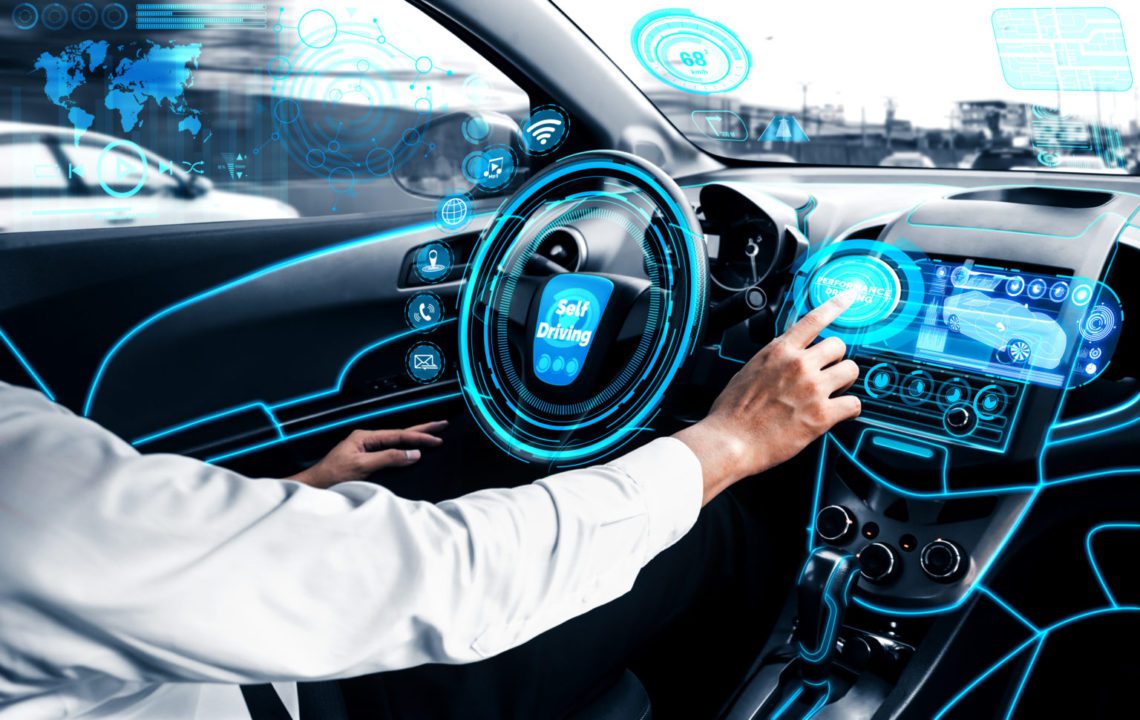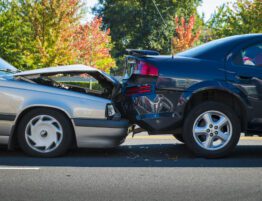
Auto Accidents Will Happen.
Though they were once only envisioned in the far-off future or science fiction, vehicles with various automated features are now common on roadways in Arkansas and throughout the US. A December 22, 2019 article from Forbes covered the current status in the auto industry and the advanced technologies that new car shoppers may want to look for in 2020, including artificial intelligence (AI). The author also laid out some of the benefits of self-driving cars, such as fewer traffic hassles, easier parking, and reduced instances of road rage.
In addition, the article went into detail on the levels of automation involved with self-driving cars. Starting with Level 0, which is full control by the driver, they progress as follows:
- Level 1: The lowest end of vehicle automation points to a single system to assist drivers in operating the automobile, such as steering and cruise control.
- Level 2: Advanced driver assistance systems (ADAS) can control both steering, speed, and acceleration. However, Level 2 vehicles are not truly self-driving because a human is still behind the wheel, ready to take control at any given moment.
- Level 3: Also known as Conditional Driving Automation, Level 3 is similar to 2 in many ways. The technology has the ability to make and act upon decisions, but interaction with a human is still necessary. A driver must be ready to take control if the AI does not complete the task, such as passing a slower vehicle.
- Level 4: Vehicles with this level of automation do not require interaction from a human under most circumstances, since the AI can function to avoid a collision or correct a system failure. A driver can manually override at any moment, and the human element is necessary in areas where self-driving vehicles are prohibited.
- Level 5: Full driving automation does not require a driver’s interaction at all, but these vehicles are not yet available commercially.
One item missing from the list of benefits of automated vehicles is a reduced chance of fatal or injury-causing accidents.
J. Timothy Smith, a founding partner at Elliott & Smith Law Firm in Fayetteville, AR noted that “Even the highest levels of technology cannot prevent crashes because – while your car may be automated – there are plenty of other vehicles on the road that aren’t. Plus, technology isn’t 100 percent reliable. The same glitches, viruses, and other issues that are frustrating when you’re at your computer can also occur when you’re behind the wheel of the car.”
As such, though AI and related technologies continue to improve toward Level 5, no amount of automation in self-driving cars can eliminate collisions. Fortunately, liability and other legal concepts will still allow injured victims to seek monetary damages for their losses.










